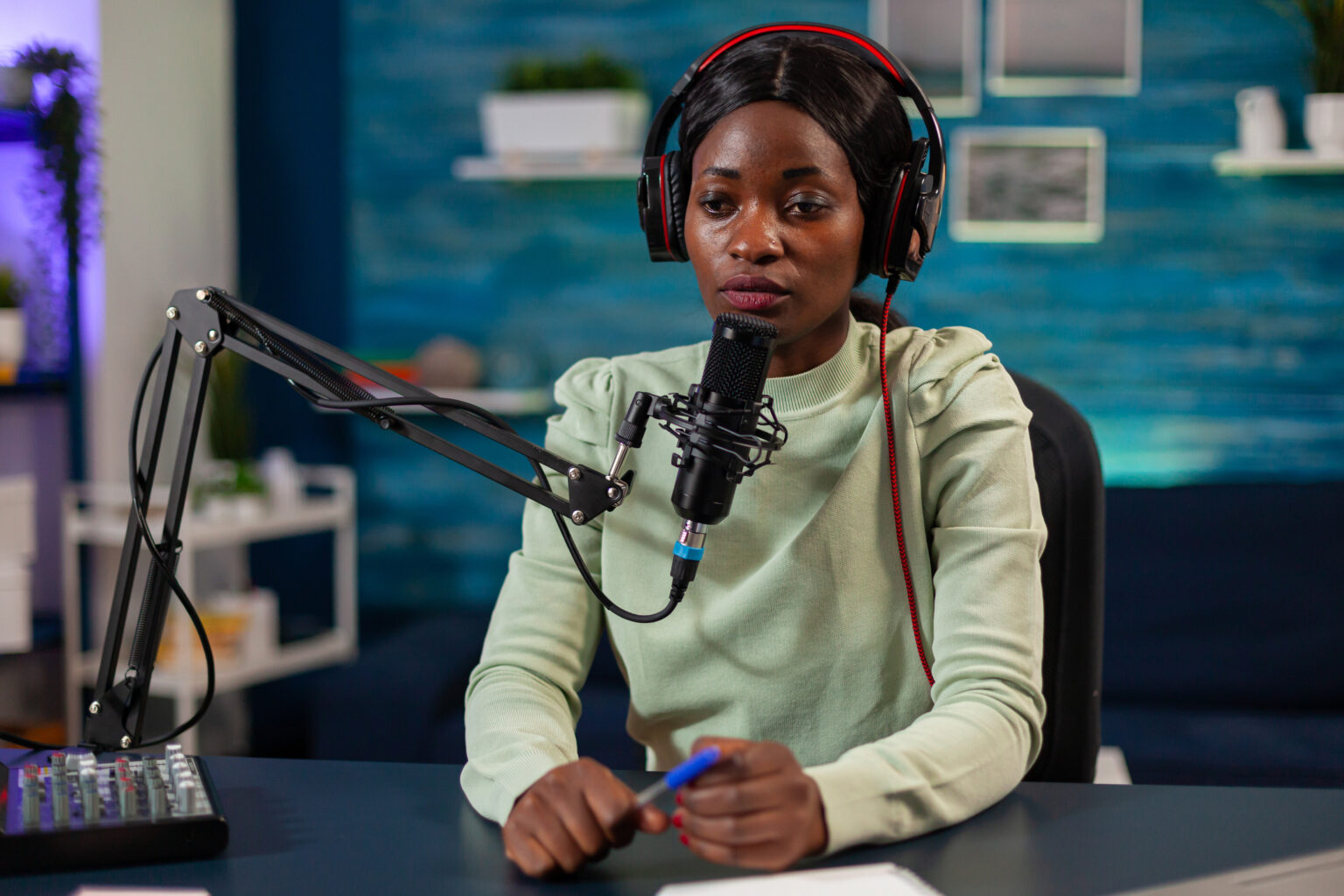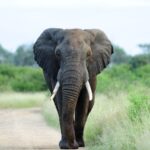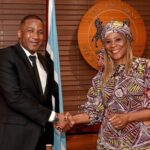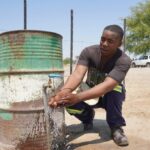The Botswana Communications Regulatory Authority (BOCRA) has issued a call for Expressions of Interest (EOI) for licensing Non-Commercial FM Radio Broadcasting Stations (Community Radio Stations). This initiative aims to empower communities by offering a platform that fosters national identity, promotes local content, and facilitates information sharing. Here is everything you need to know about this unique opportunity.
1. About BOCRA
The Botswana Communications Regulatory Authority (BOCRA) is a statutory body established under the Communications Regulatory Authority Act No. 19 of 2012. BOCRA is tasked with regulating broadcasting, radiocommunications, postal services, and information technology sectors. Its current focus is on growing the broadcasting sector through community-driven radio stations.
2. Purpose of the EOI
BOCRA’s EOI process seeks to:
• Assess the level of interest and capability among potential operators.
• Gather information for planning and consultation regarding future licensing processes.
• Determine the categories of licenses to be offered in a subsequent Invitation to Apply (ITA).
Note: This EOI does not guarantee the issuance of a license. It is solely for planning purposes.
3. Categories of Licenses
BOCRA offers three distinct license categories:
a. Geographically Defined Broadcasting Licenses
Focuses on stations serving specific localities with content relevant to those areas.
• Coverage:
• Local: Radius of 3 km.
• Regional: Radius of 50 km (can be clustered to serve larger areas).
• Ownership:
Owned by a registered Community Trust.
• Funding:
Donations, sponsorships, fundraising, or government funding.
• Programming:
80% local content with significant local community engagement. Stations must operate at least five hours daily.
• Language:
Minimum of 60% local languages.
b. Area of Interest Broadcasting Licenses
Serves specific groups with shared interests (e.g., religion, farming, academia).
• Coverage:
Regional or national.
• Ownership:
Owned by a registered interest group.
• Funding:
Similar to Geographically Defined Licenses: donations, sponsorships, fundraising, and government funding.
• Programming:
80% local content tailored to the group’s interests. Stations must operate at least eight hours daily.
• Language:
Minimum of 60% in English and Setswana to cater to a diverse audience.
c. Whole Community Broadcasting Licenses
Targets unified groups (e.g., ethnic or age-based communities).
• Coverage:
Regional or national.
• Ownership:
Held by a recognized community representative group.
• Funding:
Similar funding methods as the other categories.
• Programming:
80% local content, focused on serving and engaging the community. Requires a minimum of eight hours of operation daily.
• Language:
Minimum of 60% in English and Setswana while incorporating other widely spoken languages.
4. How to Submit an EOI
Submission Requirements
Interested parties must provide:
• Contact information of the entity.
• A brief concept of the proposed radio station under a specific license category.
• Objectives, mission, and community benefits of the station.
• Proposed funding sources.
• Proposed programming details.
• Ownership and governance structure.
Submission Process
Send your EOI via email to [email protected] with the subject clearly indicating:
• The proposed license category.
• Key details as outlined in the submission requirements.
Deadline
All EOIs must be submitted by 31 January 2025.
5. Contact Information
For inquiries, contact the Procurement Office at [email protected]. Submissions should be addressed to:
The Chief Executive
Botswana Communications Regulatory Authority
Private Bag U045, Gaborone
This is an opportunity for community groups and organizations to contribute to the broadcasting sector in Botswana, fostering a sense of identity and unity through local content and meaningful engagement.












